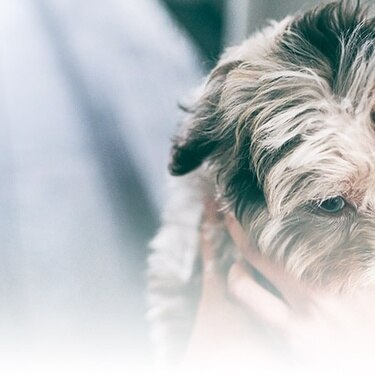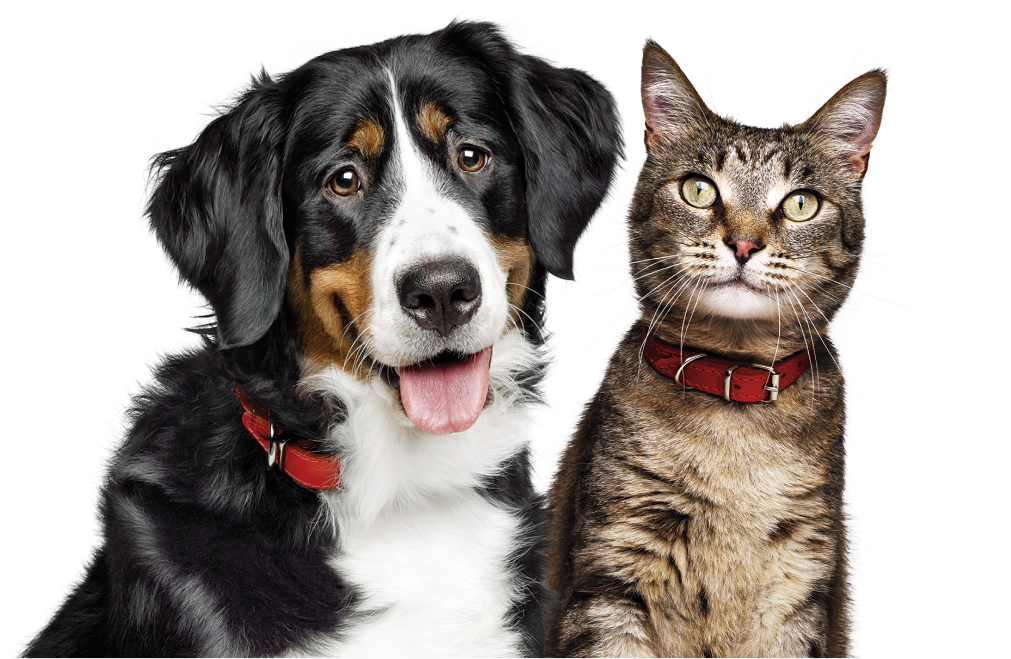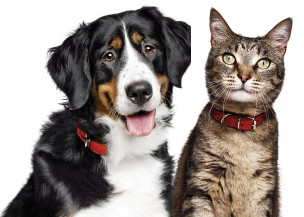About
The eyes are large and hazel, the nose is dark, and the moderately long ears hang downward. The ears, tail, legs and underside are all heavily feathered.A fully-grown male English setter stands 63-68cm tall and weighs 29-36kg. Females are generally slightly smaller.The average lifespan of an English setter is 12 years, although some have been known to live well into their teens.|
Personality
The English setter is a gentle, friendly, placid dog that is especially good with children. They are mild-mannered and sensitive and love to both give and receive affection. These dogs are known to be alert and protective of their families and territories, but will calm down quickly when told to.English setters are very sociable dogs. They enjoy being with both people and other dogs.They are known to enjoy roaming, digging and jumping. They are very active as puppies but are known to mellow out considerably when fully mature.
What to Expect
The active English setter needs plenty of exercise, particularly when a puppy. Hikers or joggers will find this breed blends in beautifully with their lifestyles. Minimum exercise should be a long, brisk walk every day, without which the dog might become difficult to manage. However, one should exercise a puppy or young English setter carefully; the dog's bones do not mature fully until about 12-14 months of age.The English setter is an intensely friendly dog. They do not do well banished to the backyard or to a doghouse. Even more than most dogs, they need to be with people and included in their daily lives.The coat will mat and tangle if not brushed at least once a week. The deep flews tend to drip water after drinking.
History
The English setter is one of the oldest gun dog breeds, with a history that traces back to the 14th century. Among their forebears are the Spanish pointer, French pointer and a variety of spaniels. In fact, the breed was originally known as a setting spaniel.The breed came into its own in England in the early 1800s when Sir Edward Laverack created a special hunting strain of the English setter. Later, R. Purcell Llewellin developed yet another hunting strain. The influence of these two breeders is so great that English setters are sometimes called "Laverack setters" or "Llewellin setters."The word "setter" refers to the almost-seated position the dog assumes when they have discovered game.
Adopt a pet. Change a life.
Are you prepared to adopt a pet? Use these tools to make sure you are ready for the commitment.
Adopt a pet. Change a life.
Are you prepared to adopt a pet? Use these tools to make sure you are ready for the commitment.





















